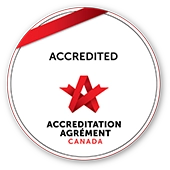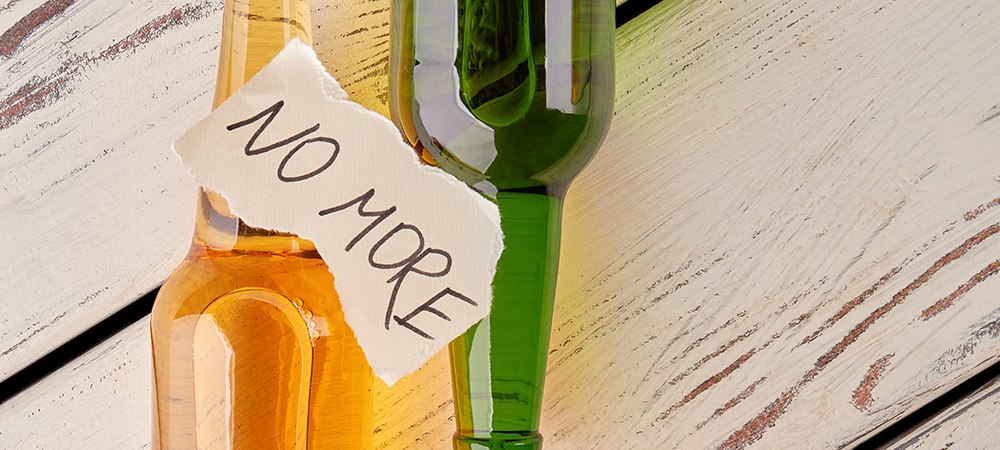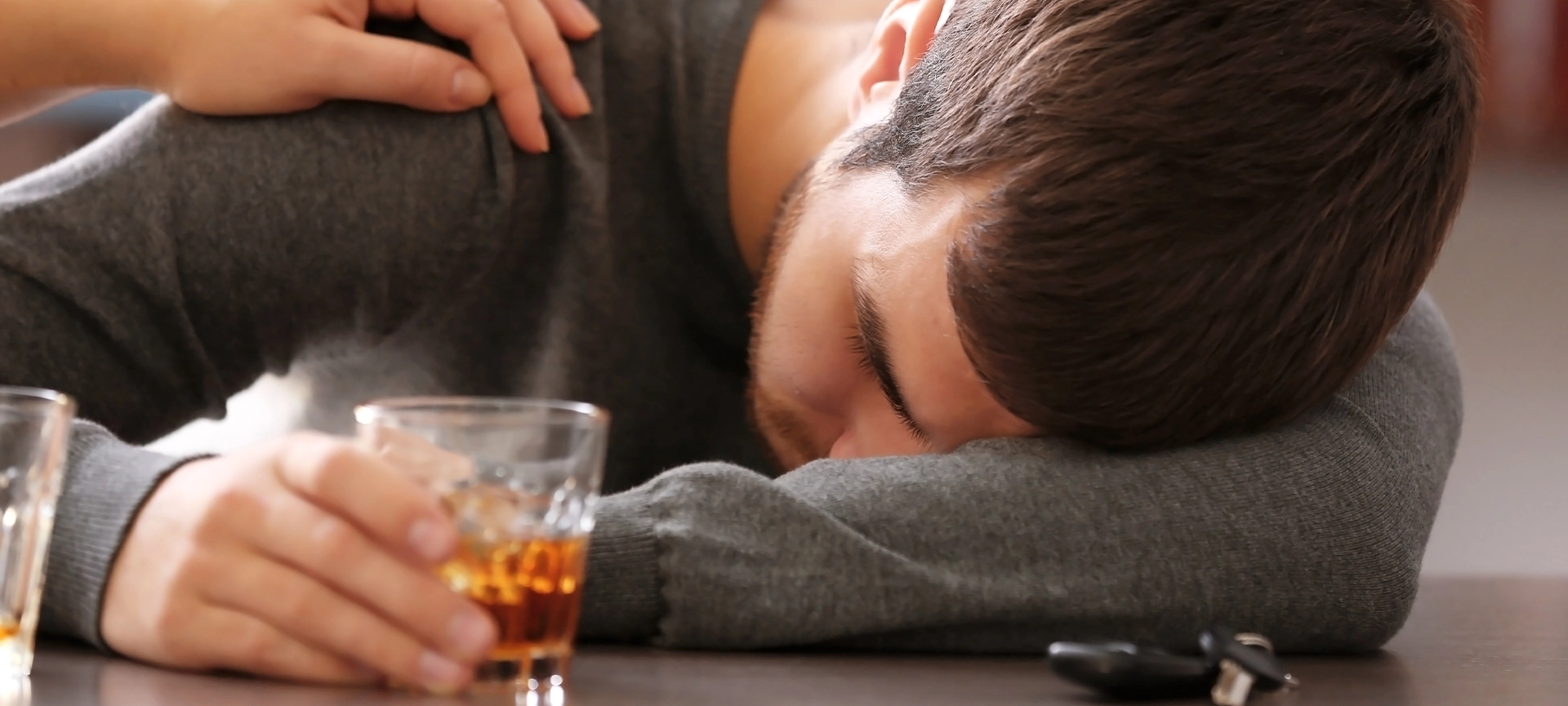Indigenous communities in Canada face unique challenges when it comes to drug and alcohol addiction treatment. Services and facilities can be far away and difficult to access from a physical and administrative perspective, and the programs themselves are frequently designed without proper consultation with the communities they should be serving.
What this results in is Aboriginal addiction treatment that may be both inaccessible and ineffective, or that simply doesn’t resonate with the people being treated. In this article, we will take a look at what both government and private drug and alcohol programs should consider.
The True Meaning Of Wellness
Most Western cultures regard wellness as the absence of disease. Consequently, the treatment interventions and medicines used are focused on the idea of eliminating the disease that is causing the problem. In the past, tackling drug and alcohol addiction was no exception to this. Early treatment methods involved variations of locking up the individual so they could “dry out” or forcing religious intervention to perpetuate the idea of the addictive behaviour being sinful. If the person wasn’t drinking or using drugs, the problem was deemed “solved”.
Modern addiction treatment has improved on this a great deal. The connections between physical and mental health are being recognized and explored more, and rehab programs are focusing on both of these components.
The Indigenous understanding of wellness takes this even further by acknowledging that people are not only individuals; they are integral and essential parts of their communities. True wellness, therefore, has to include not only the person’s individual state of physical and mental health, but their connection with their traditions, culture, language, and community. Rather than focusing on getting rid of an illness, an Aboriginal addiction treatment program is concerned with the attainment of harmony of the mind, body, emotion, and spirit.
The Inadequacy Of Western Addiction Treatment Methods
We hear addiction professionals say over and over again that treating addiction means treating the underlying causes. This usually means doing a deep dive into someone’s life and using various forms of therapy to address their traumas, life stresses, and relationship difficulties. For a lot of people, this is a sound approach.
But many of the traumas experienced by Indigenous individuals are also collective traumas endured by the entire community. We are just now starting to uncover the tip of the iceberg when it comes to the human rights abuses in residential schools that resulted in tens of thousands of deaths and left entire generations of Indigenous people traumatized. There are more than 4,000 cases of missing and murdered Indigenous women (MMIW) in Canada. All too often, we hear reports of systemic discrimination against Indigenous people in healthcare and law enforcement settings.
The kind of talk therapy that is commonly used in addiction rehab settings is not likely to be right forum for addressing these traumas. Healing – or the attainment of wellness – is far more likely to happen when traditional Indigenous healing practices are followed. These include sweat lodges, healing ceremonies, traditional teachings, land-based activities, singing, dancing, storytelling, and many more.
The Importance Of Talking To The Right People
These goals can only be accomplished if Aboriginal people are included in the process of designing addiction treatment programs. There are two critical reasons for this. First, no amount of education or empathy will enable someone who is not Indigenous to be able to understand what it is like to be Indigenous. And second, any treatment program that is created without the involvement of Indigenous people could be met with considerable – and understandable – mistrust.
The phrase “Nothing about us without us” was coined to convey the idea that no program or policy should be determined without the involvement of the people who would be impacted by that program or policy. It definitely applies here: drug and alcohol addiction is a complex condition, and all treatment centres – whether funded by the government or privately run – should go to all lengths possible to ensure that their programs are sensitive to, and respectful of, their clients from Indigenous communities. That means consulting with members of those communities in a direct and meaningful way.
The Approach Must Suit The Individual
At the end of the day, the person with the addiction needs to be the driver of what treatment methods are used. Many Aboriginal people are most effectively treated using traditional healing methods only. Others may benefit from a combination of traditional and Western approaches. This is determined during the initial assessment.
This highlights the importance of ensuring that the right questions are asked when the person is admitted to their treatment program. It is not enough for a provider to know about the individual’s addiction or life circumstances. Conversations need to be had about what culture the person comes from, the roles of spirituality and tradition in their life, and how connected they are with their community.
No facility should try to mold the person’s physical, mental, emotional, spiritual, community, cultural and traditional needs to fit into any treatment program. Conversely, the treatment program needs to stretch and adapt to fit the needs of the individual.
Aboriginal Drug And Alcohol Program In Toronto
At Addiction Rehab Toronto, we listen. We listen to addiction recovery professionals from a multitude of disciplines, we listen to the communities we serve, and above all, we listen to the clients who walk through our doors. The addiction treatment you receive will be tailored to your needs and goals, with full respect for your cultural and traditional background.
We recognize that addiction treatment programs can be difficult to access for Aboriginal people. We provide expedited access to treatment for members of First Nations, Inuit and Métis communities. Over the course of your stay with us, we will ensure that your withdrawal from drugs or alcohol is safe and as comfortable as possible, and we will help you heal and rediscover wellness in a way that is true to you and your culture.
Call us today to find out more about our addiction treatment programs and services.







